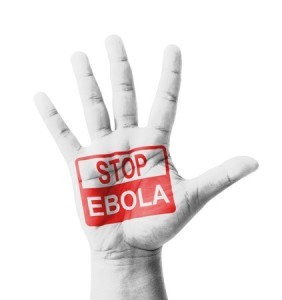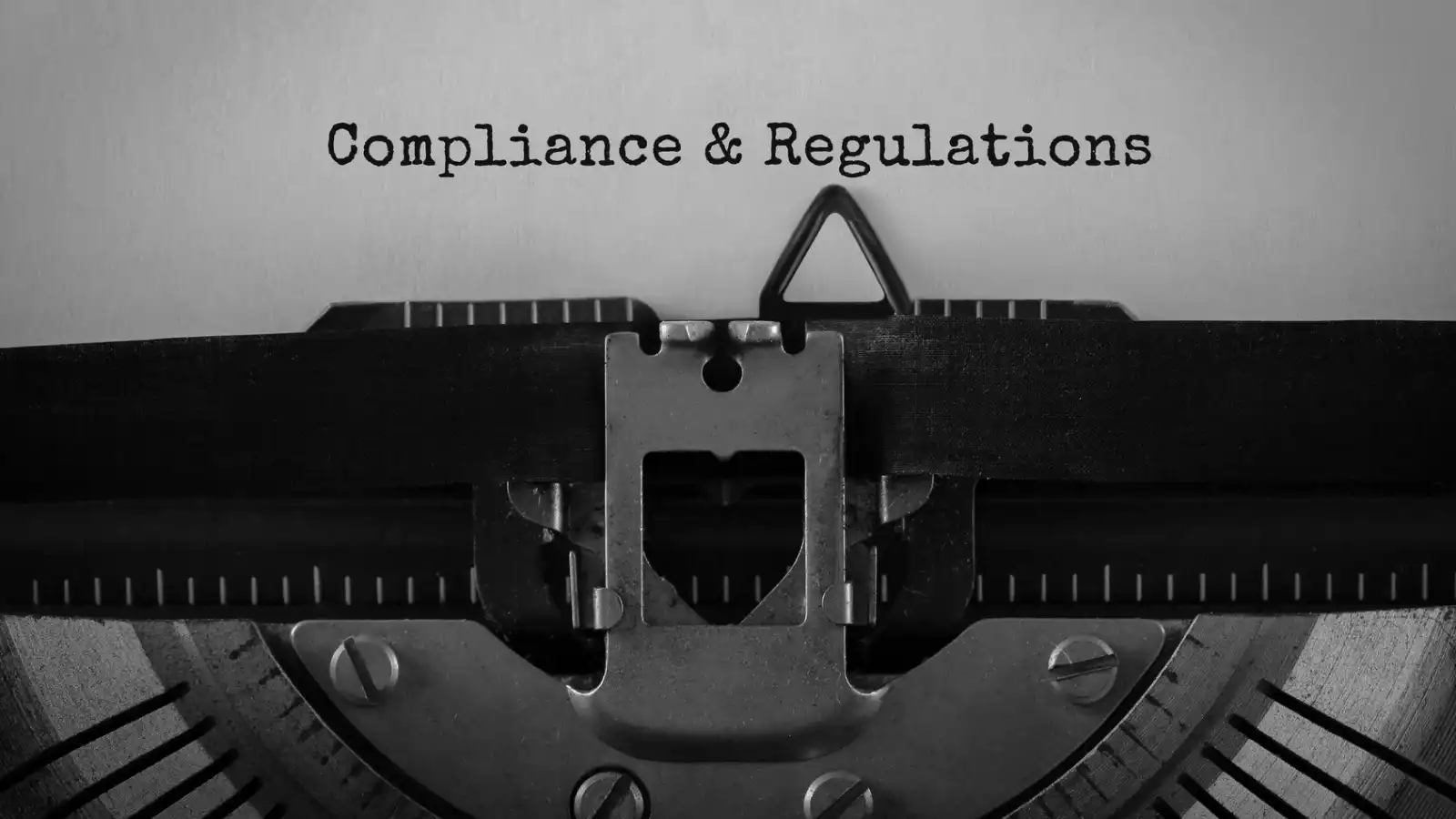 There is much on the American news landscape to pervade our national conscience. The ISIL crisis in Syria and Iraq and the mid-term elections have been getting a fair amount of air time, but not nearly as much as the Ebola Virus Disease (EVD) outbreak.
There is much on the American news landscape to pervade our national conscience. The ISIL crisis in Syria and Iraq and the mid-term elections have been getting a fair amount of air time, but not nearly as much as the Ebola Virus Disease (EVD) outbreak.
Last week, the United States became the fifth country to record a death caused by EVD. As of last Friday, the Centers for Disease Control and Prevention reported that the rest of the fatalities have taken place in four West African countries – Liberia (2,316), Sierra Leone (930) Guinea (778) and Nigeria (8).
While officials acknowledge that this EVD outbreak is the worst on record, they counter that screening measures being taken at several of our nation’s airports will provide the safeguards necessary to prevent a wide-scale outbreak here. However, until the virus is successfully beaten back, it makes sense for employers to understand their responsibilities.
Ben Huggett, an attorney for Littler in Philadelphia, touches on these concerns in The Ebola Exposure: US Workplace Considerations. He contends that the occupational health and safety risks fall into two types of employers:
• Healthcare Industry
• All Other Industries
Below is a summary of his article.
Healthcare Industry
For those in the healthcare industry, employers do the following:
• Instruct workers on the nature of the EVD and how it is transmitted and how to follow recommended infection control protocols.
• Staff handling either confirmed or suspected cases of EVD should use protective biohazard equipment and apply hand hygiene in accordance with the World Health Organization (WHO) recommendations.
• Given that other diseases present in manner similar to EVD, it is important that all standard measures of precaution be followed.
Furthermore, it should be noted that healthcare employees have the right to remove themselves from a work situation if they believe they are in imminent danger.
All Other Industries
Employers not involved in healthcare face a different set of responsibilities:
• Under the Americans with Disabilities Act (ADA), employers may make medical condition inquiries only when job related and consistent with business necessity.
• Since travel restrictions have not been enacted, requiring a medical examination would not be considered a necessity under ADA.
• Employers should pay particular attention to local Public Health Department directives, since they are considered to be the primary authority.
• Employees should be required to report any situation that they feel presents a danger to themselves or their co-workers.
• If an employee is stricken with EVD, the Health Insurance Portability and Accountability Act (HIPAA) requirements remain in effect with respect to employee medical privacy.
While it is unlikely that an EVD outbreak is on our horizon, it makes sense for all employers to be aware of how to proceed. Just in case.
For more information on your responsibilities as an employer concerning Ebola, please reach out to Genesis HR Solutions at AskUs@genesishrsolutions.com or 800-367-8367.
Genesis HR Solutions is the premier PEO provider for Massachusetts based businesses.




